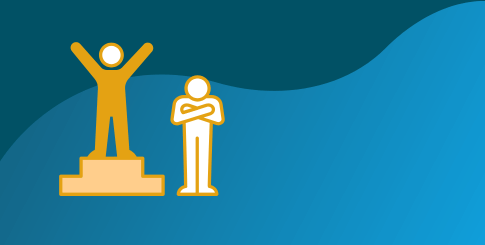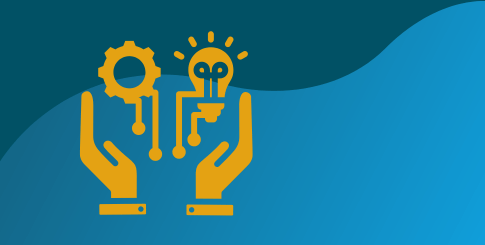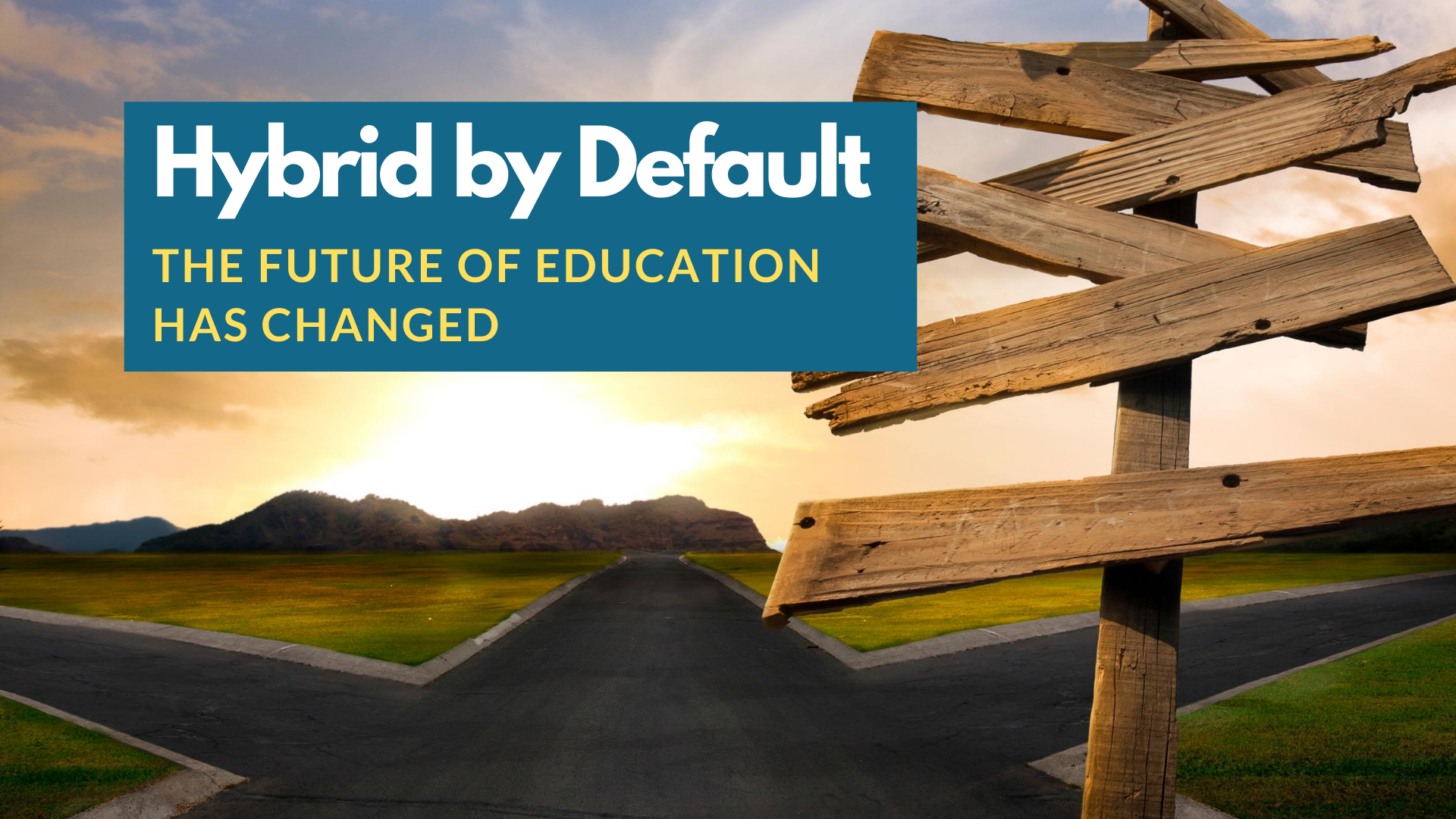And What We Can Do About It
Writing about the climate challenge, French economist Jean Tirole frames the problem brilliantly: “The benefits of reducing climate change remain global and distant in time, while the costs of that reduction are local and immediate.” (Economics for the Common Good, p. 199) Why would any country take costly steps to attenuate global warming, when almost all the benefits go to other countries? Many of us see it the same way, as an example of the “Tragedy of Commons” or, more generally, a free rider problem.
If we know what the problem is, we ought to be able to solve it, right? Political scientist, Elinor Ostrom, has demonstrated how different combinations of incentives and sanctions have been used to effectively address the commons problem in small, stable communities. (Governing the Commons: The Evolution of Institutions for Collective Action) Unfortunately, these strategies don’t apply to a planet of 8.2 billion people across nearly 200 countries.
To understand the problem differently, I often turn from economics and go back more than a decade to book written by philosopher turned psychologist, Joshua Greene, who takes a different approach and introduces the “Tragedy of Commonsense Morality.” (See Moral Tribes: Emotion, Reason, and the Gap Between Us and Them)
Greene starts with the tragedy of the commons and argues, not unlike Ostrom does for institutions, that our moral instincts evolved to help us cooperate within small, close-knit groups (tribes). Morality, he wrote, “is a set of psychological adaptations that allow otherwise selfish individuals to reap the benefits of cooperation.” It helps us to address the “Me” vs “Us” problem and helped early humans to survive. Along with a host of other factors (such as our tendency to maintain local ties even within a larger society), our moral instincts made it possible for societies to expand.
The point, according to Greene, is that (like biological traits) our moral beliefs adapt over time—shaped by the environment or context. What works/evolves to promote cooperation in one community does not necessarily work/evolve in another. The tragedy of the commonsense morality occurs here, in the larger setting within which different solutions intersect. “Me” vs “Us” problems become “Us” vs “Them” problems. Once we have locked into tightly reasoned moralities, they become more “automatic,” acquire real moral weight, and begin to resemble “rights.” That is one reason why we are often surprised by the intensity with which individuals know others are wrong.
Why does any of this matter? Going back to where we started, humanity faces a growing number of global challenges that cannot be solved by individual nations (or groups within them) acting alone. Climate change, global health, and economic inequality are just a few examples of problems that require cooperation across borders, cultures, and ideologies. Yet, as Greene argues, our moral instincts often prioritize the needs of our immediate group over those of others, especially more distant others. (Frankly, even basic economic opportunities, such as trade based on comparative advantage, also depend on cooperative solutions that elude us at the moment.) Solutions will require us to switch from “automatic” mode to “manual” mode (System 1 and System 2 in Daniel Kahneman’s Thinking, Fast and Slow) and consider a “metamorality,” which I won’t expand on here.
Of course, there are many factors at work which make finding solutions challenging. Take social media platforms, for example. Because we tend to interact longer with content aligned with our beliefs (think confirmation bias) and because advertising income depends on attention, algorithms are built to serve us more information consistent with our pre-existing beliefs—causing the platforms to act as digital echo chambers, where people primarily interact with others who share their views and values.
What can we do about the tragedy of the commonsense morality? Honestly, I don’t know how the solve the problem. Nobody seems to know (there is considerable debate about the philosophical way out outlined by Greene), and that is a source of great stress for many people. For now, however, I want to share a few thoughts about what we can do as individuals, managers, and educators.
Each of us are citizens of a country and world, as well as various communities. Individuals and organizations have responsibilities that go beyond their local or national communities, beyond political parties and other segments, and must begin to think about themselves as part of a broader interconnected world. Of course, doing that is more difficult than it might initially seem, especially since some of the biggest differences and most passionate stances are about questions related to immigration and inclusion. How do we widen the circle of “Us” when the whole point of some people is to limit the size and diversity of their groups?
One straightforward strategy I always recommend is to collect information not only from multiple sources, but also from diverse ones. It is time consuming, but it helps us to gain a fuller picture, reduce bias, and improve objectivity and decision-making. And it enhances empathy and social awareness. In the old days, I made a habit of reading about the same topics in both the Wall Street Journal and New York Times. Nowadays, I often use AI to compare across many different outlets leaning left and right, identify biases and gaps, and summarize divergent content into more holistic narratives.
About climate, for example, I can see a common core emerging, that the scientific consensus is that global warming is occurring and is largely driven by human activity, while contrasting narratives are about interpreting the policy implications, rather than the underlying data. Sure, I have a stance—the urgency to act is critical—but I also understand the economic and practical challenges of transition cannot be ignored, especially considering differences across economies at different stages of development. Indeed, I like to utilize regional and language filters to retrieve more local views on global issues.
Besides working on ourselves, as managers and educators, we can multiply our efforts by also helping others to think more broadly and across groups. We can encourage them to use diverse sources like we do. We can work harder to develop cross-cultural appreciation and agility in our colleagues and students, and not shy away from the complexities of global challenges. We can take on moral disagreements, as well as business and economic ones, in the workplace and classroom. We can encourage colleagues to think beyond individuals, organizations, and markets to consider how the political, economic, and environmental parts of the systems interact.
It is not only about the content but also about the pedagogy. I believe the best way to truly be exposed to and embrace different perspectives is through experience. Put your students into simulations, role-plays, and real-world project teams that force them to confront the most difficult issues and work together across borders, disciplines, and sectors to solve problems. Because diversity matters to innovation and learning, we’re excited at GBSN about our new Global Business Student Changemaker program in partnership with How to Change the World.
The tragedy of commonsense morality is a fundamental challenge in today’s interconnected world in which our (tribal) instincts clash with the need for broader cooperation. The tensions will only get stronger, but we can each do our part as global citizens, managers, and educators. Together our challenge is to bridge the gap between “us” and “them,” as well as “me” and “us.” Management education has a crucial role to play in developing the next generation of leaders who can navigate moral complexities and work toward a more cooperative, sustainable future.

















